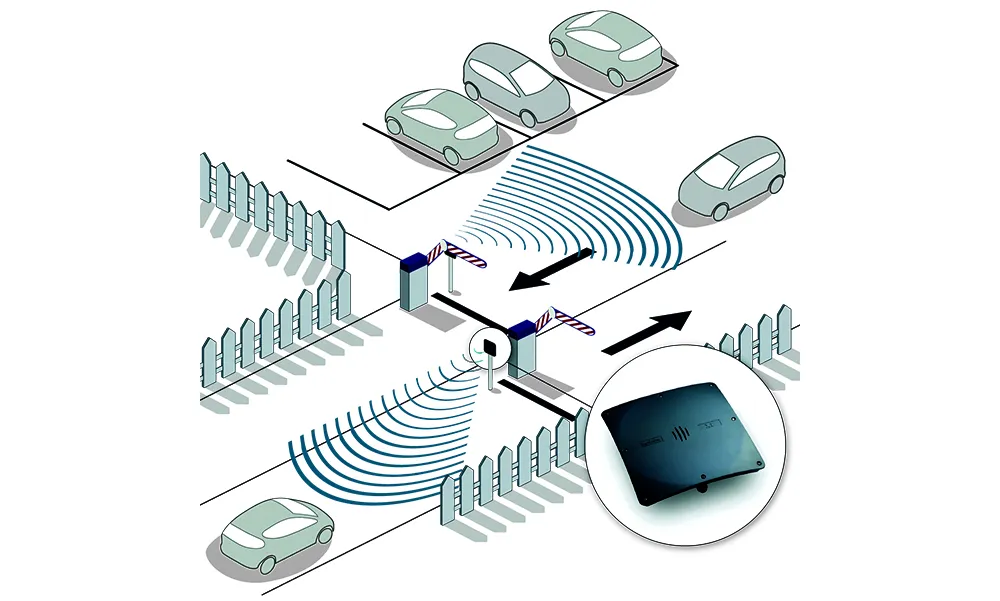Drivers who are impaired by drugs, whether illegal or prescription, are never fit to be in control of a vehicle. Any drug-driver presents a serious risk to your fleet’s safety and reputation, and is a danger to other road users. Robust drug policies and procedures are vital for ensuring all your employees are safe to be behind the wheel.
2pm - 3pm NZST
7th July, 2021
Event Location
Online








